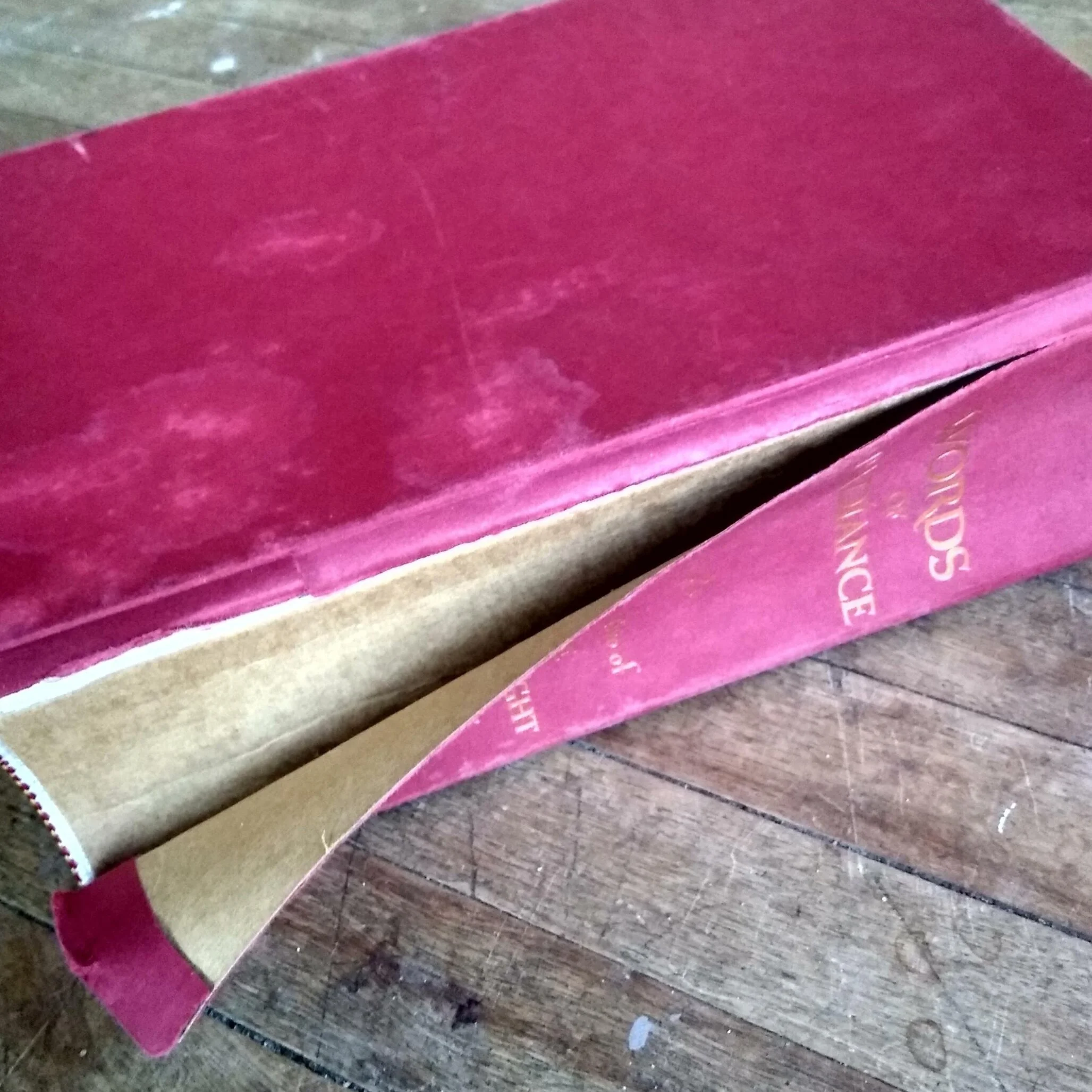Autumn and the Four Quartets
So Autumn, by Ali Smith, isn’t really low culture; it was longlisted for the Booker Prize (one of the most prestigious prizes for English lit). That said, I wanted to compare it to the Four Quartets by TS Eliot, and I have this (admittedly artificial) structure that I must adhere to blindly. As TS Eliot is a winner of the Nobel Prize in Literature, I can’t really justify him being the low culture part, so here we are.
Autumn is a love story. A strange, double unrequited love that you don’t realize is that kind of love until halfway through, but a love story nevertheless. It’s Autumn of 2016, the referendum for Brexit has unexpectedly passed, and over in America, Donald Trump is about to be elected president. But the novel starts with the dream of an old man, Daniel Gluck, as he sleeps near comatose in a hospital. Daniel dreams that he washed up on a shore after dying, and like Adam and Eve, realizing that he’s naked, runs into the forest to clothe himself in leaves. Returning to the shore he finds more dead bodies juxtaposed to the wealthy, vacationing side by side on the beach.
Reading aloud classics like Brave New World and A Tale of Two Cities, Elisabeth Demand waits for Daniel to wake up. There’s not a lot of plot. Autumn places the reader in the hospital room with her, the young art history lecturer, and him, the old artist, and delves into the vaguely remembered past to explain how the two came to be in this place. This relationship between the two overshadows everything else in Elisabeth’s life. Both small inconveniences, like waiting at the post office to get a new passport, and huge geopolitical shifts, like Brexit, fade into the background of remembering.
In Autumn, time is as it is in the Four Quartets:
Time present and time past
Are both perhaps present in time future
And time future contained in time past.
In the past, we see Elisabeth and her then-neighbor Daniel meet for the first time. Elisabeth is supposed to be interviewing a neighbor for an elementary school project, but her mother won’t let her. Elisabeth meets Daniel anyway, a retired artist, and he asks her what she is reading. Later in the book, in different memories, we learn that Daniel asks this because his sister, Hannah, would always ask him and he would never have a good answer. There’s pain and joy in this memory of Hannah, who could never come to England because of their German father. Elisabeth is captivated by Daniel, as she says in the present, “Nobody spoke like Daniel. Nobody didn't speak like Daniel.” Daniel later, in the past, becomes a free babysitter for Elisabeth, and she spends wonderful days in his meticulously cared for rose garden.
The rose garden is an important location for both Autumn and the Four Quartets. In the former it’s where Elisabeth and Daniel forge their lifelong bond. For Eliot, it is in the rose garden that the speaker experiences a hint of reality. Both works approach and retreat from this time in the rose garden only to approach and retreat again:
Time past and time future
Allow but a little consciousness.
To be conscious is not to be in time
But only in time can the moment in the rose-garden
The moment in the arbour where the rain beat,
The moment in the draughty church at smokefall
Be remembered; involved with past and future.
Only through time time is conquered.
Through memory, we learn how important the question “what you reading?” is to Daniel and how important it becomes to Elisabeth. We learn about Daniel’s unrequited love for British pop artist Pauline Boty, her early death, and the impact Daniel’s love had on Elisabeth’s academic career. Through time, we conquer the intricately interweaving lives of Elisabeth and Daniel.
Similarly, the experience in the rose garden changes the speaker of the Four Quartets. Eliot is profoundly impacted by Dante’s Divine Comedy, and as the Empyrean, the abode of God, forms a rose of light with the Trinity at its heart, here the rose garden symbolizes the divine, heavenly eternity coming into the present. It is an experience so profound and unlike anything else he’s ever experienced that it can only be approached obliquely, and communicate only “tongued with fire beyond the language of the living.” And the rose garden becomes entwined in all the speakers life as he turns again and again to that Divinity, turning to others, and the actions “which shall fructify in the lives of others.” Eliot doesn't try to explain or apologize faith, but shows "what it feels like to believe that religion." This constant, seasonal turning away from ourselves and toward God and others is the beating heart of Christian life.
The axis about which Elisabeth turns is Daniel and her love for him. Despite repeated insistence that Daniel is dying, and despite all of the tensions, despite Brexit, and newly built fences, and hated, and vitriol, and hollowing, Autumn ends with hope. Daniel wakes up. He sees Elisabeth, reading in the corner of his room, as she always does, and asks, “What you reading?”
As the season turns to winter and the book comes to an end,
the trees are revealing their structure. There's a catch of fire in the air. All the souls are out marauding. But there are roses, there are still roses. In the damp in the cold, on a bush that looks done, there's a wide open rose, still.
Look at the colour of it.
The poem, too, ends in a spirit of hope:
And all shall be well and
All manner of thing shall be well
When the tongues of flame are in-folded
Into the crowned knot of fire
And the fire and the rose are one.


